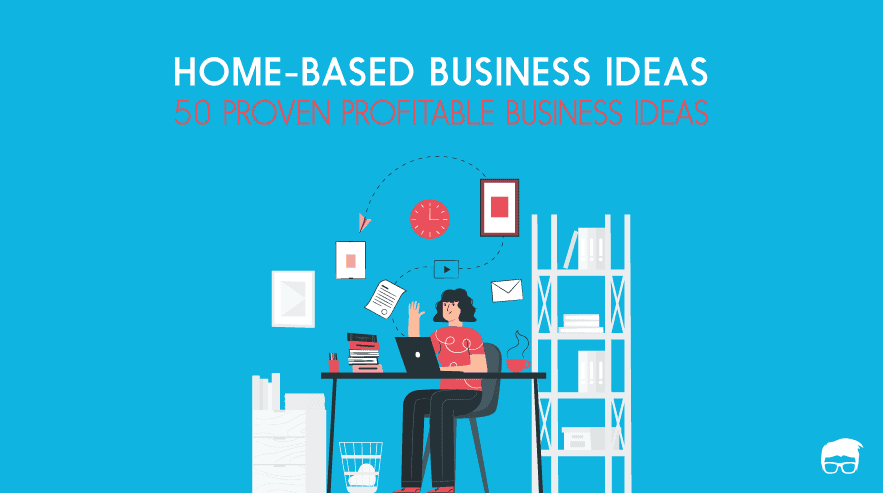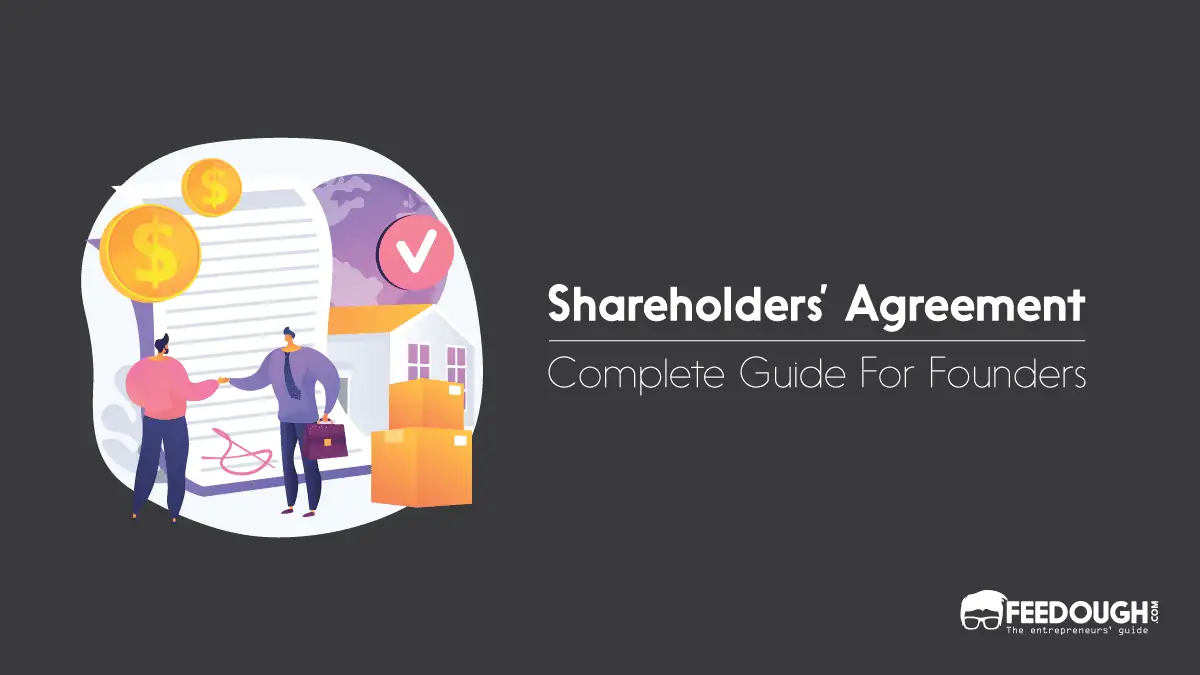If you’re here, I will presume you already have an idea that you’re working on or are planning to work on it in the coming future.
But, if you’re the latter, I have bad news for you. You can’t protect just an idea. There’s no central bureau to register all the ideas you have in mind and prevent others from building on them before you do.
But if you’re already started working on your startup and have something more than just the idea. There are ways you can prevent others from copying what you’re doing.
But first, you need to know if getting your idea stolen is that big of a deal for you or not.
Should You Care About Your Ideas Being Stolen?
If you’re afraid that someone will steal your idea, you might also be afraid that someone will make your idea better and achieve your goals faster than you could. While this is true, it also states that you’re just not ready with your idea yet or not confident enough in your ability to make it a success.
Your priority should be not to keep your idea a secret but to build and protect that idea’s spine. Is there a trade secret that could be a game-changer? The secret ingredient to your Krabby Patty? Or is there an invention that, if leaked, will stop your business idea from progressing as someone else can register it before you do?
Say you’re working on an aggregator business that will change the industry you work in. Don’t be afraid of getting your idea leaked because there’s nothing proprietary about your business. People will copy your idea and replicate your business model within months of you starting up. They might even turn out to be better than you even though you’re the first mover in the industry.
Remember, Facebook wasn’t the first social media network. It was just able to execute the idea better. If you are afraid that your idea of such a business could leak, believe me, that you’re never the only one thinking of that idea. Just make sure to protect the idea’s spine – make exclusive contracts with partners in case of aggregator model, to make it competitor proof.
But if you’re working on something that is novel and can turn proprietary – say, a process, machinery, tool, composition, literary or artistic work, or a formula that’s new and unique to the industry, you can register it and get its ownership. It’ll prevent anyone else from stealing it or even imitating it.
How Can you Protect Your Startup Idea?
Startup idea protection comes in two stages –
Prevent Insider Theft
Most ideas are stolen internally. Maybe you had a tussle with your cofounder who planned to launch your competition before you even started. Or perhaps you hired an employee who later turned on to be your new competitor. In any case, protecting your idea from internal theft is essential.
But you should know how the internal audience can steal your idea and make sure you have made the arrangements not to sink if it happens.
- Ideas are stolen by someone with competency in the field: Your company HR is probably not the immediate threat you should be worried about. Be wary of someone competent enough to be your competitor. Your operations manager who knows your company’s ins and outs, your cofounder, or even your prospective investor can turn out to be your potential competitor in the future. Just make sure that if the person belongs to your industry and has the bandwidth to start an empire parallel to yours, be extra careful with them.
- People don’t steal just your idea: The internal audience knows how you plan to convert your vision into reality. They know people you work with or are planning to work with, and they know your partners well. Internal theft takes away a lot more than just your idea.
So, make sure you sign exclusive contracts with the people you work with – partners and employees – and make sure they commit to working with you alone for a defined time period. Besides this, you can use the following contracts to help protect your idea:
- Non-Disclosure Agreement: An NDA is a legally binding contract establishing a confidential relationship between the parties involved. It prevents people you work with from sharing information with third parties.
- Non-Compete Agreement: It prevents the people or entities you work with from starting a competing business.
- Work-For-Hire Agreement: It prevents the people you hire to build your offering from owning anything they add to the offering. Anything they come up with, you own.
Own The Rights To The Spine Of Your Idea
You can’t protect an idea you plan to work on. People get the idea all the time. You can’t just register such an idea.
But you can protect your startup if it is more than just an idea. You can register it as intellectual property:
- Patents for inventions.
- Trademarks for brand identity.
- Copyrights for ideas that are expressed.
Patents
A patent is a right granted to you as an inventor by the government to prevent others from making, replicating, selling, or using your inventions for a period of time.
If your startup idea’s spine is an invention like a process, device, machinery, tool, composition, or a formula; you can register it with your government to get ownership and prevent others from getting even close to your startup idea.
But almost anything that is more than just an idea and has a physical presence can be patented, given it has the following characteristics –
- It should be an invention: Now, an invention is an act of bringing ideas or objects together in a novel way to create something that did not exist before.
- It should be new: That is, your invention must meet the legal definition of “novel.”
- It should be unique and not obvious: It shouldn’t be anything anyone can invent.
- It must have a patentable subject matter: By patentable subject matter, we mean that it should usually belong to a patentable category and meet the government’s standards set forth.
Generally, patents are given to the inventions falling in these categories.
- Business methods
- Computer software
- Computer hardware
- Computer accessories
- Games
- Internet advances
- Jewellery
- Machines
- Magic tricks
- Makeup
- Musical instruments
- Perfumes
- Plants
- Sporting Goods
But even though you can patent your invention, you can’t patent your business model. That is, Uber can’t patent the business model it invented – the aggregator business model from being copied. Because, in the eyes of the law, it’s merely any other fundamental economic process, not an invented business model.
So, if you cannot patent your business model, what can you patent under the category of business methods?
Well, you can patent financial data processing and technological inventions required to make the business model work, among others. For example, Netflix patented its computer-implemented approach for renting movies and TV shows to customers in 2003, and Amazon patented its 1-Click system, etc. All these helped them stand out from the crowd without stopping others from copying what they were up to.
Trademarks
A trademark is your startup’s registered identity that differentiates it from other players. You can prevent others from stealing your name, logo, tagline, colour, or even your smell by using a trademark.
Anything that distinguishes your brand from others can be trademarked. Feedough is a trademarked name. Even our logo is registered. Coca-Cola has trademarked its Coca-Cola red colour. And Play-Doh has trademarked the smell of its offering.
To protect others from stealing what you do, make sure you develop and register your brand identity to own it before anyone else.
Copyrights
A copyright is an exclusive legal right you get to print, publish, perform, film, or record literary, artistic, or musical material; and authorise others to do the same.
You use copyrights to protect your works of authorship, including literary, dramatic, musical, and artistic works.
Suppose you own a startup operating in the entertainment industry and wrote a script for a TV series. A copyright gives you ownership of that script and prevents it from being stolen by competitors.
Similarly, you can register your video game, visual work, dramatic work, sounds, and audio-visual works to protect them from being stolen, copied, or imitated.
Tips To Prevent Your Idea From Being Stolen
Besides the basic legal protection, there are other usual and unusual practices that you can use to prevent others from stealing your business ideas. These are:
- Share equity: People are less likely to steal your idea if they become a part of it. Make them the owners and they’ll happily help you convert your vision to reality.
- Document Everything: Oftentimes, we leak some secrets ourselves. In order to prove that you communicated the same to others, it’s a healthy habit to document conversations, work, meetings, and email the same to the other party.
- Make your ownership public: If you already got the ownership rights, there’s nothing to lose. Make the ownership public to stop others from copying what you already own.
- Always do background checks: Always make sure that the person you work with or are planning to work with has a clean history.
Go On, Tell Us What You Think!
Did we miss something? Come on! Tell us what you think about our article on how to prevent others from stealing your startup idea in the comments section.
A startup consultant, digital marketer, traveller, and philomath. Aashish has worked with over 20 startups and successfully helped them ideate, raise money, and succeed. When not working, he can be found hiking, camping, and stargazing.
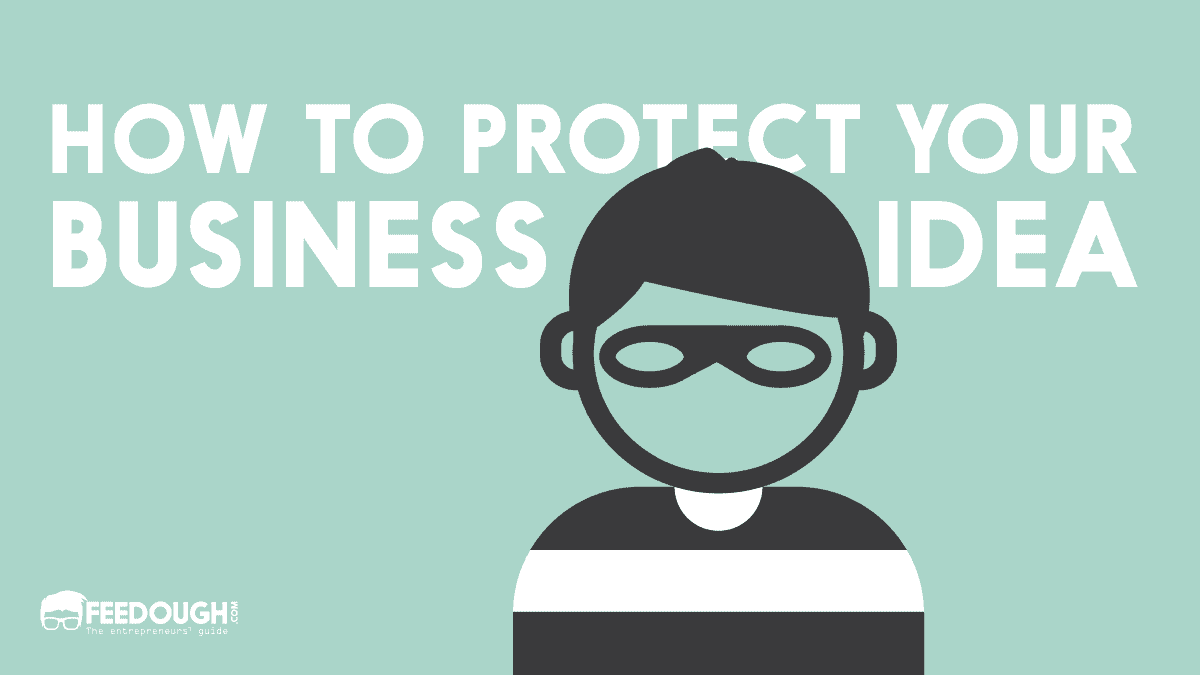


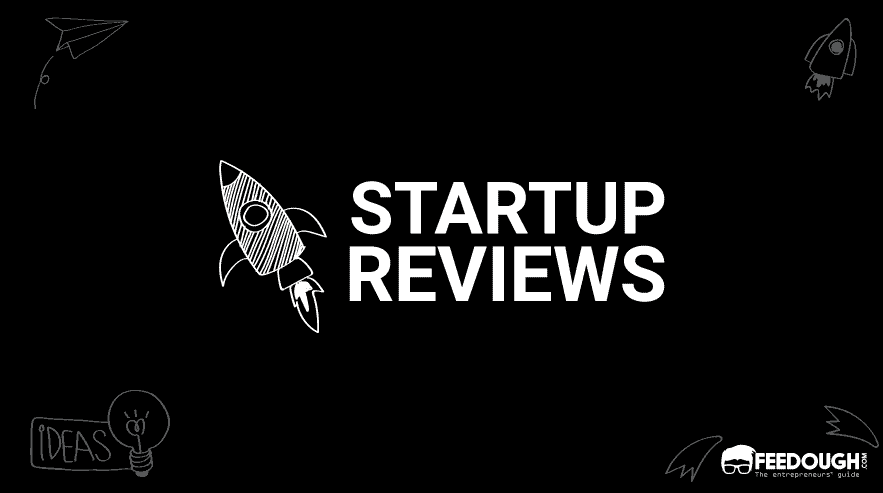

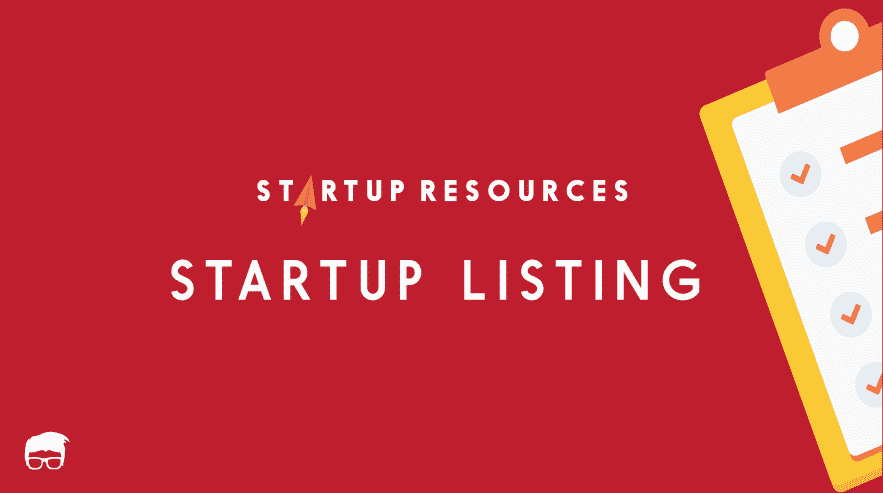
![How To Start A Business Abroad [Complete Guide] Start A Business Abroad](https://www.feedough.com/wp-content/uploads/2024/06/Start-A-Business-Abroad-150x150.webp)
